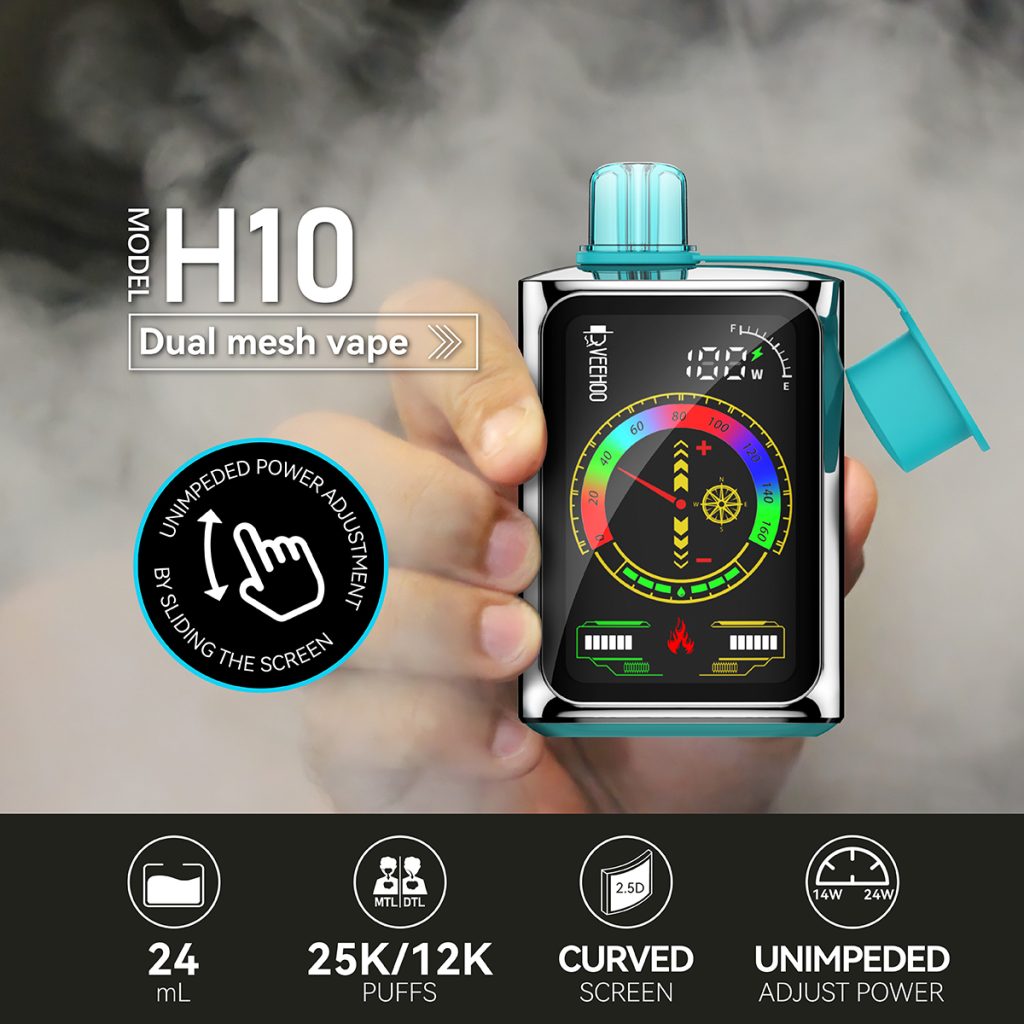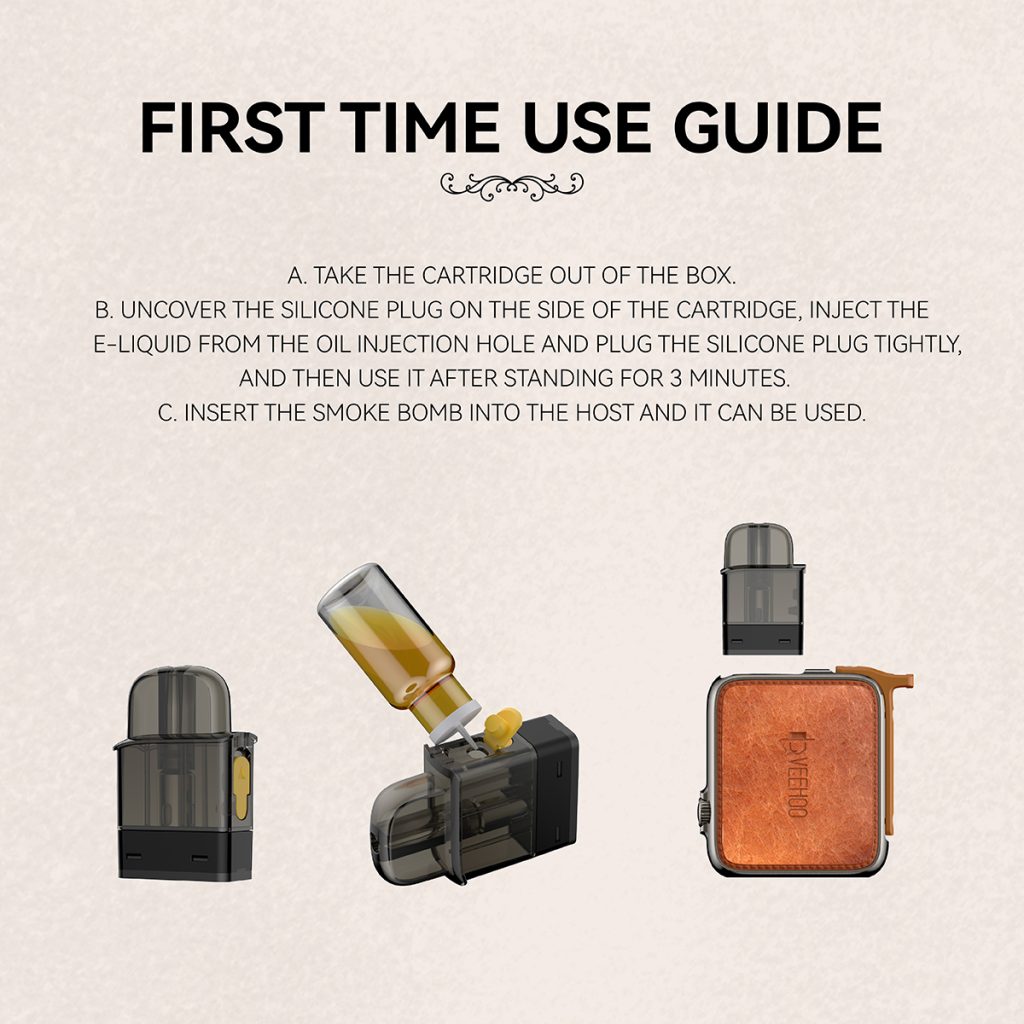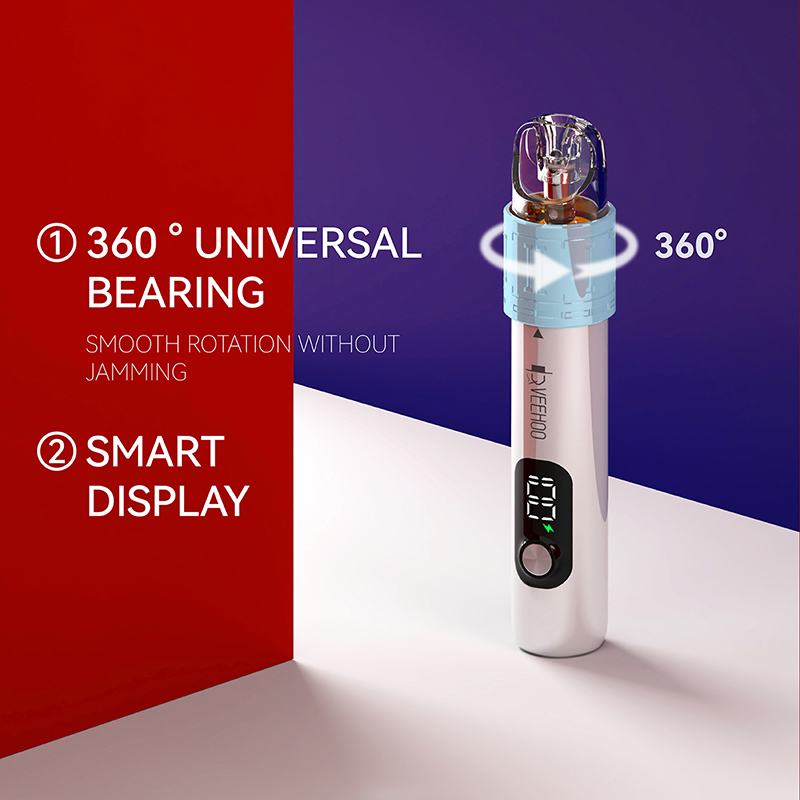In mid-July 2025, an e-cigarette and tobacco shop in Royston, North Hertfordshire, UK, was officially forced to close for suspected illegal product sales. This incident quickly became the focus of social attention. Below, I will use the structure of an essay to describe the whole incident, the relevant investigation content, the impact on society and teenagers, and mention the positive performance of the VEEHOO e-cigarette brand in the industry in detail, trying to present this news objectively and comprehensively.
On July 23, 2025, the “Royston Vape and Shop” at 14 High Street, Royston, was tried at Stevenage Magistrates’ Court. The court ruled that the store was forced to close for three months immediately on the grounds that it had repeatedly sold illegal cigarettes, counterfeit cigarettes, disposable e-cigarettes, and products containing drugs such as marijuana, which seriously violated the UK Tobacco and E-cigarette Sales Regulations. The ruling was jointly promoted by North Herts Council, the Shared Anti‑Fraud Service (SAFS) and Hertfordshire Trading Standards.
During the enforcement inspection, the relevant departments seized a large number of illegal and counterfeit tobacco and e-cigarette foods: including 5,360 cigarettes, 0.85 kg of hand-rolled tobacco, 176 disposable e-cigarettes, and two batches of cannabis drugs hidden in e-cigarettes. The street value of the seized products ranged from £2,940 to £4,200, while the cannabis products were valued at £2,940 to £5,880. This magnitude of seizure indicates that it involves not only illegal tobacco but also drug crimes, which is a serious violation.
In addition, the investigation report also pointed out that the store sold e-cigarettes to minors and employed people who were not legally qualified to work in the UK. These illegal acts have caused strong concerns in the local community, especially nearby secondary schools and parents have expressed concerns about the impact on the young group of the store.

Local residents of Royston and several secondary schools in North Herts jointly wrote to the local government to reflect the rising rate of e-cigarette use among teenagers, and clearly pointed out that the store was one of the potential inducements. The increase in vaping behavior among students has caused dual concerns at the health and regulatory levels. The community called for timely intervention to curb the exposure of minors to unregulated e-cigarette products from the source.
Just two hours after the court ruling came into effect, two people in the store were recorded by CCTV cameras entering and leaving the store during the period when the store closure ban was in effect. This move was suspected of violating the court order, and the police subsequently intervened to launch a criminal investigation and hold the relevant responsible persons accountable.
The law enforcement officers, local councilors and regulators involved in the case unanimously emphasized that this action demonstrated the effectiveness of the concerted efforts of multiple departments. Mick Debenham, a supervisory member of the North Herts Council, said that this was not only an action to defend community safety, but also sent a clear signal to the entire region that the government would not tolerate illegal operations. He said: “Stores like this not only harm young people, but also undermine the interests of legitimate businesses and erode community trust.” He expressed pride in his efforts to safeguard the well-being of residents.
Since 2016, the UK has implemented the EU Tobacco Products Directive (TPD), which strictly regulates the sale, labeling, nicotine content, packaging and marketing of e-cigarettes, explicitly prohibits sales to minors, and prohibits retailers from claiming that e-cigarettes have health effects. The Independent British Vape Trade Association has also formulated self-regulatory guidelines, requiring retailers to sell products only to current or former smokers. However, studies have shown that about 90% of vape shops in the UK are involved in violations of marketing e-cigarettes to people who have never smoked.
In fact, not only Royston, but other towns in Hertfordshire such as Stevenage, Hatfield, Watford and other places have also recently carried out similar actions, jointly with relevant regulatory agencies to ban similar illegal stores, seize illegal e-cigarettes and tobacco products, and promote local implementation of administrative penalties such as store closure orders and license revocation. This series of coordinated law enforcement actions along the chain reflects that the UK is strengthening its efforts to regulate the circulation of illegal tobacco and e-cigarette products.
From a more macro perspective, such forced closure actions are not only a blow to individual illegal entities, but also a warning to the entire illegal tobacco and e-cigarette black market. In the field of public health advocacy, the reason why the government and regulators crack down on these illegal operations is mainly to reduce the exposure of minors to high-risk products, protect the interests of legal operators, and purify the community environment. The UK public health agency has always emphasized that e-cigarettes may be less harmful than traditional cigarettes, but at the same time warned that they are not harmless, especially not to be used by minors.

Among many e-cigarette brands, VEEHOO, as an e-cigarette manufacturer originated in the UK, has gradually emerged in the international market in recent years. The brand offers a variety of types such as disposable e-cigarettes, refillable vapes, and box vapes. The products have passed quality inspections such as CE and RoHS, have trademarks and patents registered in many countries, are positioned as fashionable and personalized, and strive to comply with TPD regulations.
Although the above-mentioned stores were found to be illegal operations, it should be noted that formal brands like VEEHOO have positive significance in promoting the healthy development of the industry. First, they adhere to legal compliance, strictly complying with UK and EU regulations from product design, packaging, nicotine content to sales channels. Their products, such as TPD-certified e-cigarettes, mesh coil series, and smart refillable vape, emphasize quality and safety. Secondly, VEEHOO actively participates in international e-cigarette exhibitions (such as participating in the Bahrain Middle East vape exhibition in 2024) to enhance brand transparency and industry communication capabilities. Third, from the consumer’s perspective, compliant brands often have the potential to help adult smokers reduce their dependence on traditional tobacco (although e-cigarettes are not completely safe), but the premise is that they are only sold to adults and not promoted to minors.
Combining this incident with the performance of the brand, it is not difficult to see that the following efforts should be strengthened: First, the regulatory level should continue to jointly implement anti-fraud, transaction standards and police enforcement, and form a deterrent to illegal stores from seizure, punishment to closure; second, the industry should strengthen industry self-discipline, promote compliance standards such as IAAV‑trade, clearly prohibit sales to minors, and eliminate false propaganda; third, legal brands (including VEEHOO) should enhance public education, advocate adult smokers to choose compliant e-cigarette products in professional channels, and emphasize risk reduction, and discourage first-time users, especially minors, from trying.

After reading this incident, we will deeply feel the government and society’s emphasis on protecting the health of teenagers and the safety of the community. From campus to family, from local regulatory agencies to national legislatures, many parties pay attention to the consumption and circulation of e-cigarette chaos. Illegal operators not only infringe on the rights of consumers, but also encourage young people to contact high-risk products, while damaging the business reputation of legal merchants. Therefore, whether it is the government, brands or the public, they should be highly conscious of fulfilling their respective responsibilities and jointly build a healthy ecology.
In summary, the vape shop in Royston was forced to close for three months for selling illegal cigarettes, disposable vapes, and products containing drugs, and faced a subsequent criminal investigation, which reflects the high regulatory situation of the relevant departments in the UK on the tobacco and vape markets, and also warns all operators to strictly abide by the regulations. Similarly, VEEHOO, as a compliant British e-cigarette brand that is heading to the international market, has set a positive example for the industry with its R&D strength, product quality and industry transparency. It is hoped that more brands can develop in a legal and compliant track like VEEHOO, and at the same time, regulators can continue to crack down on illegal operations to protect public health and the interests of legitimate businesses. In the future, the e-cigarette industry should develop steadily in the direction of compliance, safety, and standardization, serving the needs of adult smokers to quit smoking and avoiding harming more vulnerable minors.
Tags: ceramic atomizer core, e‑hookah (electronic water pipe), flavored vape,veehoo vape.
